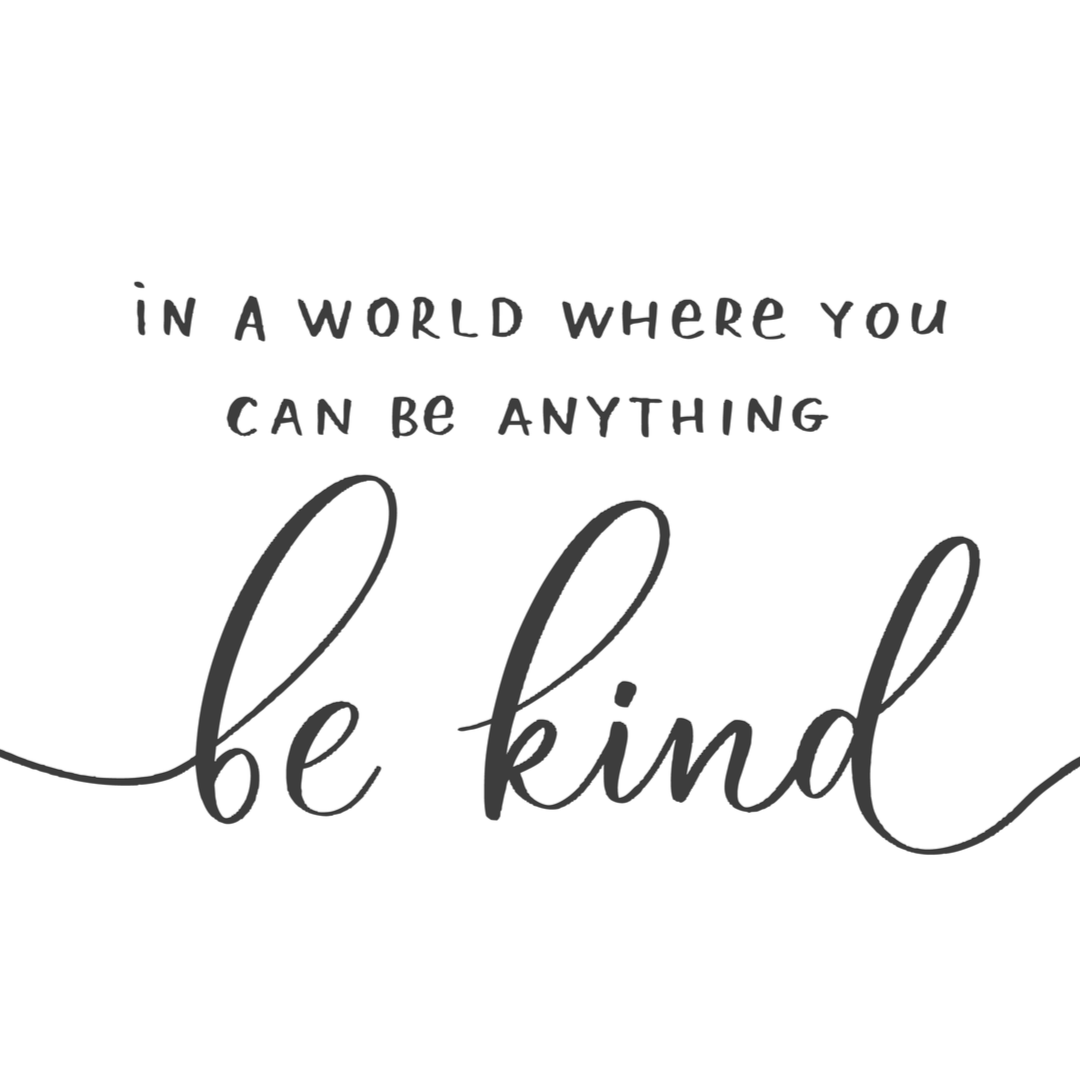
“Good manners will open doors that the best education cannot.”
Clarence Thomas
Today I’ve been mulling over customer service, or the lack thereof, across many industries. But then it occurred to me that the appalling way we are treated as customers, and perhaps treat others, has much deeper roots.
I am not trying to pile on bashing the younger generation by any means – but I think starting with our own generation good manners have been eroding at an alarming rate. Perhaps it’s a byproduct of Gen X latch key kids from single parent homes or families with two working adults who didn’t have time to focus on the refinement of manners.
If you consider that for many young adults, social media interactions informed them about how to interact with other people, it’s not hard to figure out why we are where we are.
If we are surrounded by short-tempered, rude people – how is it possible to turn out as anything but short-tempered and rude?
I remember the tenants I learned, merely observing adults in my life.
- Respect your elders.
- Mind your manners.
- Hold the door for people.
- Say please and thank you.
- Write thank you letters.
- Always RSVP.
- Knock before you enter.
- If you can’t say something nice, say nothing at all.
- Listen more than you speak.
- Treat others as you wish to be treated.
I won’t say that I’m great at all of them – but I learned them and more.
When I went out into the world, first in school and then in career, I carried these things with me. They were the reason I observed before I spoke, I disagreed privately more than publicly, and I asked instead of demanded.
I read the late Tony Hsieh’s book Delivering Happiness when it first came out and it had a profound effect on me. Essentially, bundling all of these “manners” and “platitudes” together, Hsieh believed that you had to make an emotional connection with a customer and you had to be focused on delivering happiness. In fact, he viewed his company (Zappos) as a customer service company that sold shoes. And where I had been a good customer before I read his book, I became a rabidly loyal customer of Zappos after.
Can you imagine what our personal and business interactions would look like if we ALL focused on delivering happiness to the person in front of us?!?
For me, having manners distills down to choosing the path of politeness over rudeness. And by that, I don’t mean saccharin sweet fakeness. I value honesty and candor – but there is something to be said about practicing diplomacy, tact, and understanding. And deep breaths. A lot of deep breaths.
Like many of you, I’ve interacted with a good number of organizations during the pandemic isolation…and with far more customer service departments than I would like.
It’s been exhausting.
Rather than make it easy to get in touch with companies, “support” is layered and insulated behind email addresses, chat windows, or endless phone tree options.
When I do manage to find someone to interact with, often I either get a very curt “I can’t help” or a more polite “there’s nothing more I can do.”
Very, very, very rarely do I have an experience that leaves me satisfied, delighted even. But…when I do…I remember it and I will look for opportunities to work with that organization again.
It’s the fact that good customer service feels outstanding these days – and poor customer service is the norm – at least in most of my interactions – that really got me on the manners kick.
Manners is probably the wrong term – but it’s the one I’m keeping for now.
Customer service interaction can be viewed as only business-to-customer, but I think it’s a philosophical perspective (influenced by Tony Hsieh). It’s cultural and it’s personal. What if we strive to provide the best “customer service” in our personal interactions? What if we use better manners to interact with the people around us, recognizing they probably aren’t the sole source of our frustration or existential angst? What if we pick a path of gentleness over rudeness?
Or maybe we just need to focus on teaching manners to the upcoming generation so they can smooth out the rough edges of our interactions…in life…in the future.
“Politeness and consideration for others is like investing pennies and getting dollars back.”
Thomas Sowell
What “manners” do you think we need to focus on teaching? What impact do you think it might have on customer service?